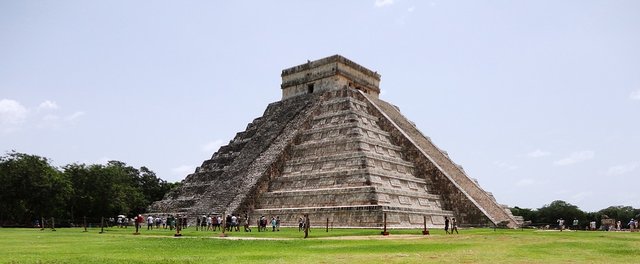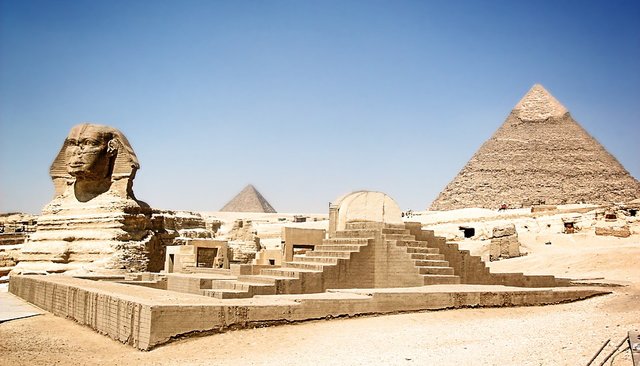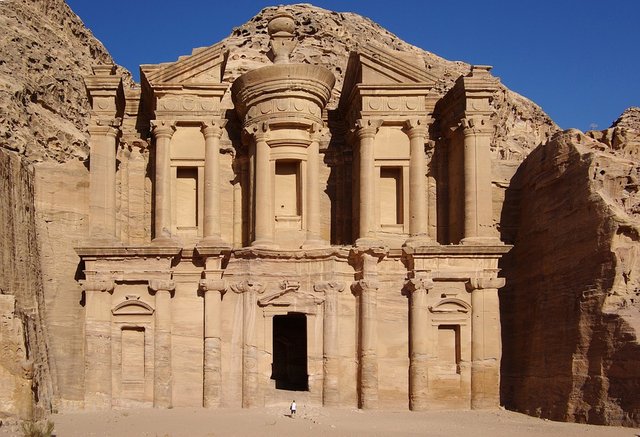The Aims and Subject Matter of Archaeology - Part 1
The Aims and Subject Matter of Archaeology

Every branch of scientific investigation has its own methods of research which are adapted to the material and the object of the investigation. This is also true of archaeology. The discovery of objects of interest to the archaeologist constitutes the first part of our investigation. This aspect is more practical and includes the observation, collection and preservation of data and objects. The second part is theoretical and is concerned with the conclusions that can be drawn from the various finds, it thus includes comparisons made with a view to ultimate interpretation and synthesis.
The Aims of Archaeological Research

Machu Picchu
Most researchers distinguish four major aims in archaeological research, namely reconstructing cultural history, reconstructing past lifeways, explaining cultural process or change, and understanding the archaeological record. The first three aims have been described as the what, where and when (cultural history), the how (lifeway) and the why (culture process) of archaeological research. These aims are complementary. In practice they frequently overlap and researchers may deal with several simultaneously.
The Reconstruction of Cultural History

Egypt, Pyramids
The reconstruction of cultural history implies the description of past cultures. History in this sense is defined as "the study of the unique events of the past which make up the developmental continuum for a particular group of people". The focus is on arranging events (or artefactual materials) in chronological sequence and, therefore, this is a necessary preliminary to the study of lifeways and the cultural process. Archaeological sites and, in particular, the artefacts and structures found there are investigated within the context of space and time. Remains are classified and dated and chronologies established. Local sequences of archaeological sites are set up and related to regional and larger sequences to form a picture of cultural development through time. However, archaeologists may hesitate to draw inferences regarding non-material cultural features.
Culture History
The term "Culture History" refers to the description of the archaelogical record and the chronological sequece of events in an area.
This approach to cultural history unfortunately restricts many researchers to the production of mere clasifications.
The Reconstruction of Past Lifeways

Petra, Jordan
While culture history focuses on unique developmental events, this aim of archaeological research is concerned with how prehistoric peoples lived and how their cultures changed. Archaeological cultures are described in much the same way in which anthropologists describe contemporary cultures, and consequently this second objective is sometimes referred to as palaeo-ethnography. The aim is, therefore, still descriptive, but it is recognized that cultures interact with other cultures and with other cultures and with the natural environment. Because it is necessary to understand how cultures change before an attempt can be made to explain why they change, the reconstruction of past lifeways is the basis for interpreting cultural process or change.
Every human culture is the result of a complex adaptation to a particular environment and, in order to understand how cultures adapt in response to changes in the environment, it is not sufficient to study artefacts and structures only, but it is necessary to understand the environmental context as well. A multidisciplinary
approach is required to reconstruct ancient environment and subsistence patterns and the services of botanists, soil scientists and pollen analyst are used. As a result of the fragmentary nature of archaeological evidence, emphasis is often placed upon the reconstruction of past economic systems. However, this aim also includes the reconstruction of social and political systems, and settlement, religious and ideological patterns.
Explaining Cultural Process or Change

Angor Wat, Cambodia
Whereas the previous aims are directed at establishing sequences of cultural development and describing archaeological cultures, the study of cultural process (or processual archaeology) attempts to discover why cultures change or do not change. Scholars who follow this approach argue that prehistoric archaeology is a science and that archaeological research should produce testable propositions by means of which past cultural changes may be explained. The final objectives is to identify general principles which underlie the process of cultural change.This aim was advocated mainly by the proponents of the "new archaeology", which emerged in the 1960s.
Processual Archaeology
Processual Archaeology, also known as the new archaeology, emerged in the 1960s and focused on using explicit scientific methods, attempting to explain - rather than merely describe - culture change.
According to this approach, the theoretical framework within which an archaeological research project is conducted should be made explicit and, in an attempt to explain cultural change, hypotheses should be formulated beforehand so that these can be tested against the archaeological data. Although the formulation of general laws of cultural dynamics is no longer a central concern of this approach, there can be no doubt that archaeology remains our most important source of information regarding long term cultural evolution, and that it can make an important contribution to identifying the general principles which underlie the process of cultural change.
Please Follow me for more on Archaeology and History.
Please check out my other posts:
Archaeology and the Natural Sciences
Introduction to Ethnographic Analogy and Ethnoarchaeology
The Nature and Scope of Archaeology
The Three - Age System : The Stone Age, The Bronze Age and The Iron Age
The Roots of Modern Archaeology
Significant 18th and 19th Centuries Discoveries in Archaeology
Archaeology as a Profession- Part 2
Archaeology as a Profession- Part 1
To Become or Not Become an Archaeologist? - Introduction to Archaeology Part 2
Please Upvote and Resteem.
Thank You!
There are places in this post that I would love to visit. Pompeii and Herculaneum are on my bucket list as well as great temple complex at Luxor. From this post the rock-carved ruins of Petra is on the list as well. Thanks again for an ongoing interesting series of articles.
Interesting post. I wonder, how are repeatable experiments possible in archaeology when the subject matter at hand involves unique factors in time that cannot possibly be reproduced ever again? And furthermore, the subjects of archaeology- the actors of history- would be fundamentally altered if subjected to laboratory type control. History cannot be bottled and put in a test tube. Of course, certain specific types of questions can be answered through repeated laboratory testing, and understanding of the historical subject matter can thus be enhanced.